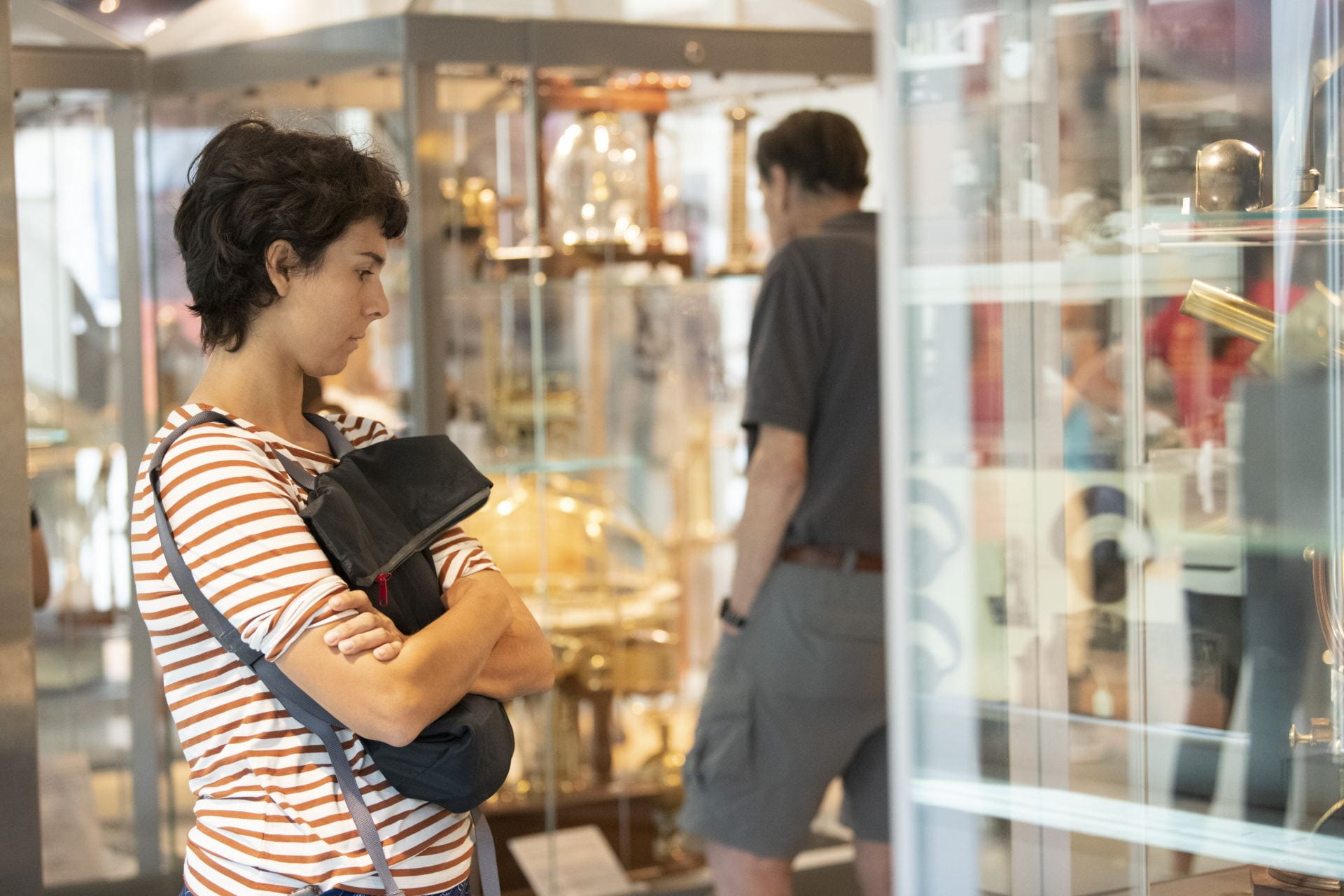(Cambridge, MA) The Harvard Museum of Natural History announces a new experiential art exhibition, Next of Kin: Seeing Extinction through the Artist’s Lens opening December 17, 2016, featuring new photographic work by visual artist Christina Seely and an installation made in collaboration with the arts collective The Canary Project. Next of Kin will be on display through June 4, 2017.
We live in a time when an alarming array of plants and animals struggle to even exist in a world that is increasingly dominated and altered by an exploding human population. Showcasing two sets of mirrored portraits of endangered species by Seely accompanied by sculptural installations of extinct and threatened animals made in collaboration with Susannah Sayler and Edward Morris of The Canary Project, this exhibition presents a provocative and powerful new perspective on the biodiversity extinction crisis.
Next of Kin: Seeing Extinction through the Artist’s Lens generates an exchange between the viewer and animal kingdom and creates an immersive experience that evokes a profound sense of empathy with our “next of kin”— particularly those that have already gone extinct or are threatened with extinction right now.
Next of Kin is supported by a generous gift from Clark Bernard MBA ‘68 and Susana Bernard. Jane Pickering, Executive Director of the Harvard Museums of Science & Culture, which includes the Harvard Museum of Natural History, commented, “Seely’s images are haunting and dramatic and they invite us to consider—and reconsider—the way we live with other animals. We are delighted to present this thought-provoking artist’s perspective on the extinction crisis. I am so grateful for the generosity of Clark and Susana Bernard for making this new exhibition possible.”
Exhibition Associated Events
The museum will offer an exhibition opening panel discussion on Wednesday, February 22, 2017 at 6:00 pm on Next of Kin: Seeing Extinction through the Artist’s Lens. The event will be a conversation with artists and scholars on raising public awareness about the biodiversity extinction crisis through photography. The panel will feature artist and educator Christina Seely (Dartmouth), visual artists Edward Morris and Susannah Sayler of the Canary Project (both at Syracuse University); ecosystem ecologist Ross A. Virginia(Dartmouth), and art historian Carrie Lambert-Beatty, Harvard Professor of Visual and Environmental Studies.
In addition, the museum’s popular Evolution Matters lecture series will re-launch February 16, 2017. Check the museum’s website for full information soon.
About the Artist
Christina Seely (www.christinaseely.com) is an artist whose photographic practice stretches into the fields of science, design and architecture. Interested in human understandings of time and the natural world, Seely’s expedition-based work explores global systems, and finds its home in the conversation between the photographic image and our contemporary relationship with the planet. Her work has been exhibited nationally and internationally and is featured in many public and private collections including; The Museum of Contemporary Photography, The West Collection and The Walker Art Center. She has been an Artist in Residence at the Headlands Center for the Arts (CA), Lightwork (NY), has been a Fellow at the MacDowell Colony (NH), and a participant on the Arctic Circle Program (Svalbard Territory). She was a recipient of a year-long Public Arts Commission from the city of San Francisco and received a 2014 Smithsonian Artist Research Fellowship. Her first monograph Lux, was co-published in 2015 by Radius Books and the Museum of Contemporary Photography and she is an Assistant Professor in the Studio Art Department at Dartmouth College in Hanover NH.
About the Canary Project
The Canary Project produces art and media about ecological issues such as climate change, extinction, food systems and water resources. It was founded in 2006 by the artist duo Susannah Sayler and Edward Morris (Sayler/Morris), who continue to co-direct the collective. Since its founding, Canary has produced more than 20 projects involving hundreds of artists, designers, scientists, writers and volunteers. It has become a unique voice and recognized leader in the field of advocacy and art. In 2016, Canary Project was recognized by the Brower Center in Berkeley, California as the 8th Annual recipient of their Art/Act Award. Among their many credits, in 2008-2009 Sayler and Morris were Loeb Fellows at Harvard University’s Graduate School of Design. They currently teach in the Transmedia Department at Syracuse University, where they co-direct The Canary Lab. More information is found at www.canary-project.org.
About the Harvard Museum of Natural History
One of the Harvard Museums of Science & Culture, the Harvard Museum of Natural History is located at 26 Oxford Street on the Harvard campus, an 8-minute walk from the Harvard Square Red Line MBTA station. The museum displays some 11,000 specimens, including dinosaurs; the world’s only mounted Kronosaurus; rare minerals and meteorites; hundreds of animals and birds –whales, tigers, elephant, giraffe including endangered and extinct species such as the thylacine, giant Moa, Steller’s Sea Cow; Harvard’s famed Blaschka Glass Flowers and Sea Creatures in Glass, as well as new exhibitions on local ecosystems, Marine Life in the Putnam Gallery and New England Forests in the Zofnass Family Gallery. Admission to the connected Peabody Museum of Archaeology & Ethnology is included in one ticket.
The museum is wheelchair accessible. The museum is open from 9:00 am to 5:00 pm, 361 days/year, closed Dec. 24-25 and January 1. Regular admission: adults $12; seniors and students, $10; youth ages 3–18, $8; under 3 free. For directions, exhibition schedules, free public lectures, and information on parking, see the website http://hmnh.harvard.edu/ or call 617.495.3045.
# # #
Press contact:
Blue Magruder, Harvard Museums of Science & Culture
617-496-0049
